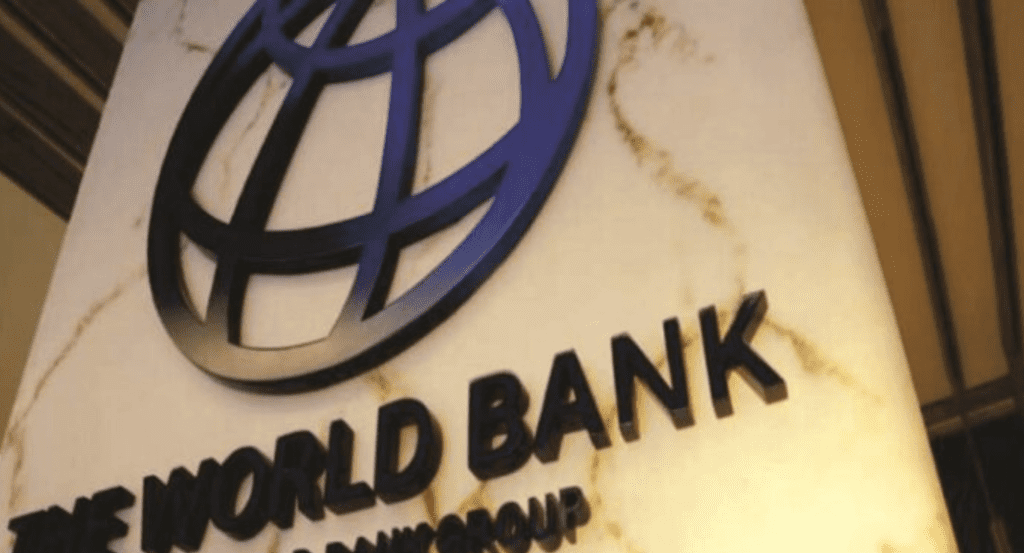The World Bank has imposed a 30-month debarment on two Nigerian companies—Viva Atlantic Technology House Ltd. and its affiliate, while also sanctioning their CEO, Norman Didam, over allegations of corruption and fraudulent practices. This decision comes as part of the World Bank’s efforts to maintain integrity in its projects and ensure adherence to global anti-corruption standards.
The firms were found guilty of engaging in corrupt practices during the implementation of a World Bank-financed project. Reports indicate that the companies submitted fraudulent documents in their bid to secure contracts, breaching the institution’s procurement guidelines.
Details of the Sanctions
According to the World Bank, the sanctions will render the companies and their CEO ineligible to participate in any projects financed by the institution for the duration of the debarment. This action is consistent with the World Bank’s policy of zero tolerance for corruption, aimed at fostering accountability and transparency in the execution of its development projects globally.
The companies’ debarment also qualifies them for cross-debarment by other multilateral development banks under the Agreement for Mutual Enforcement of Debarment Decisions. This means they are prohibited from participating in similar projects financed by these institutions.
Norman Didam, the CEO of Viva Atlantic Technology House Ltd., has been directly implicated in the fraudulent practices. The World Bank emphasized the importance of holding individuals in leadership positions accountable for actions that undermine the integrity of its development initiatives. Didam’s debarment serves as a stern warning against the misuse of organizational authority for personal or corporate gain.
The World Bank’s decision sends a strong message about its commitment to upholding ethical standards in global development projects. The case also highlights the ongoing challenges of rooting out corruption in procurement processes, particularly in developing countries where such projects are crucial for infrastructure and economic growth.
The debarment is expected to impact the operations of the affected firms significantly, as well as their ability to secure contracts from international agencies.























